Canada is one of the most preferred countries for education for Canadians as well as for students all around the world. It is one of the most searched places for MBBS programs also as well as for any other course.
Source: Dr.Mukhmohit Singh
The country has a very high academic standard with the best universities and institutions with a high reputation around the globe. There are more than 60 reputed institutions in Canada that have the MBBS program and are in the top 100 lists in the world according to the QS Ranking association. With high-quality teaching styles, infrastructure, experience, etc.
- Colleges and Universities in Canada do not provide Undergraduate courses in Canada.
- The program is generally for 3 to 5 years.
- Students who want to enrol in the 4 years UG Program should have a Bachelor’s Degree.
- The duration of the course varies with the Universities.
- The graduate score for Bachelors should be 6.5.

Check Out: MBBS in Russia
Why study MBBS in Canada?
The Doctor of Medicine Degree is a degree that allows students to practice as registered doctors/ specialists in Canada. This degree is a globally recognised degree allowing international students to practice medicine in their home country.
Let us take a look at the comparison between the medical programs offered in both Canada and India.
- The first and most noticeable difference between the medical programs is the name of the degree. The degree in Canada is called a Doctor of Medicine (MD), while the degree in India is called an MBBS degree.
- The length of the MD degree is between 3-5 years, while the length of the MBBS degree is 5.5 years.
- To take admissions in MBBS, a student in India must appear for NEET. Students in Canada must appear for the MCAT exam to take admission in MD. Indian students looking to pursue an MD degree in Canada must appear for both NEET and MCAT.
MBBS in Canada
MBBS represents the lone wolf of Medicine and the single man of medical procedure. At clinical Universities in Canada, there are no immediate MBBS courses. The degrees are not quite the same as different countries, and for clinical investigations, there are no single men or college degrees. The degrees granted toward the finish of the projects are MD (Doctor of Medicine).
Here are some of the benefits, or rather realities, of pursuing medicine courses in Canada for overseas students:
- Recognized Degrees and Scope for Research
- Best Place to Live in the World
- Diversity and Multicultural
- Great pool of Opportunities after Graduation
- Jobs in Canada with Work Permit
- Scholarships
- Canadian Education System
How to study MBBS in Canada?
Studying MBBS in Canada is a dream of many. But students often do not know where to start. First of all, they must start looking at different universities and their courses to find the course of their choice. They must also confirm that they are eligible for the course. Once this is done, they can start with the actual application process.
How to get admission to MBBS in Canada?
To get admission to MBBS in Canada, a student must carefully fill in the application form and attach the supporting documents. The process is not that hard, so do not worry.
We have simplified the process for your easy understanding.
- Select the program and University after confirming eligibility. Confirm the intake
- Register on the website of the university. Start filling in the details in the form.
- Attach supporting documents like transcripts, NEET, MCAT, IELTS/TOEFL scores.
- Pay the application fee and apply.
- Once you receive the acceptance letter, apply for the Study permit in Canada.
MBBS in Canada for Indian Students
Canada offers a Doctor of Medicine (MD) degree, which is more or less equivalent to the MBBS degree offered in India. The Doctor of Medicine (MD) degree is offered by a ton of Universities in Canada.
- More than five universities in Canada offer degrees that are recognized by the Indian Medical Council.
- Canada has a competitive student culture where about 10% – 15% of the students who apply are accepted into medical school.
- Pursuing the Doctor of Medicine degree in Canada allows students to apply for Medical Residency in the country.
- Indian students after completing their MD degree can practice in India after coming back.
MBBS from Canada is recognized worldwide and has a great reputation around the globe.
- Less Competitive.
- Recognised by all over the world.
- High infrastructure and teaching quality.
- Students should have a Bachelor Degree.
- TOEFL and IELTS score should be 90 out of 100 for Indian students.
MCAT requirements
Students in Canada are required to take the MCAT exam. For Indian students, students need to take NEET and MCAT too. Universities that offer an MBBS degree in Canada have different MCAT requirements. These are usually listed on the official website of the university. Top universities like the University of Toronto and the University of British Columbia require students to possess a threshold score of 125 in each section with an allowance of 124 for one section.
MBBS in Canada for International students
Like we have mentioned before, Canada is a hotspot of international students who come to the country in the hopes of a bright future. The Doctor of Medicine (MD) program is an excellent program allowing students to serve as healthcare professionals. For some international students, studying in Canada may be cost-effective or convenient, so Canada is truly a good place to move to for studying.
Check Out: Top Courses in Canada after 12th – Science PCB
MBBS in Canada: Course
The MBBS program in Canada covers a wide range of courses that empower students to become the best doctors or healthcare professionals. The first two years of the courses involve pre-clinical training, while the next two years include clinical training and clinical training and residency. The course structure and curriculum of the MBBS program in Canada are as follows.
| Type | Duration |
| Bachelor’s Degree | 3 or 4 years |
| Doctor of Medicine | 3 – 5 years |
| Residency | 3 – 5 years |
Subjects covered in MBBS in Canada
All the subjects covered in the MBBS program in Canada are difficult to name as it depends on the program selected.
We have mentioned a few subjects.
- Anatomy
- Microbiology
- Genetics
- Biochemistry
- Histology
- Epidemiology
- Pathology
MBBS in Canada Eligibility
There is a specific set of criteria that a student must meet to be eligible for pursuing MBBS/ MD in Canada. For international students, these are to be met, under any condition to be eligible for applying to a university.
Let us take a look at the eligibility requirements :
- A student must be of 17 years of age the year he is applying.
- A student must possess a Senior Secondary/ Grade 12th Certificate with Biology, Physic, and Chemistry with at least 50% marks.
- A student must hold a full-time 3 or 4 years Undergraduate/Bachelor’s degree in Science or Biology with a competitive GPA.
- If a student does not possess a Bachelor’s degree, then he must hold a diploma/ CEGEP to pursue MBBS in Canada.
- A student must score competitive marks in NEET and MCAT. The cut-offs for both the exams are not set and keep changing.
- A high score on English language competence exams such as IELTS, TOEFL, and others. If you want to study at the undergraduate level, you must have a minimum of 6.5 IELTS bands and a TOEFL score of 80. If you wish to pursue a master’s degree, you’ll need an IELTS score of 7.
MBBS in Canada: Cost
The total cost can be divided into pre-arrival and post-arrival and settlement costs. These are approximate costs since the accurate figures are hard to calculate. We have not mentioned the tuition fees in this list because it is mentioned separately. The cost of living in Canada differs for all as it is largely based on the lifestyle of the student.
Pre-arrival Costs
- Visa Cost- Study Permit 150 CAD, Work permit 155 CAD (Extra costs may be incurred for supporting documents)
- Language Proficiency Test Costs – IELTS (240 CAD), TOEFL (180 CAD)
- NEET cost – 1500 INR
- MCAT costs – 320 CAD -360 CAD
- Insurance cost – Varies
Post arrival and settlement cost
- Accommodation – Upwards of 300 CAD per week
- Public transport costs – Around 80 CAD a month
- Food and beverage cost – Between 100-200 CAD per month
MBBS in Canada Fees in Indian Rupees
Canadian Universities are very affordable with high placements and high-quality teaching. After the Bachelor’s course, most of the Indian students who are interested further in MBBS opt for Canadian universities and colleges.
The fees structure offered is thus affordable with other amenities such as accommodation fees and transportation fees etc. The environment in Canada is also very cultural and about 23% of the country have Indians.
The universities and colleges in Canada have less competition and thus is easy for their admission.
Check Out: MBBS In Australia For Indian Students
Medical Colleges for MBBS in Canada
Canada has many universities offering degrees in medicine, however, only a few colleges offer an MD/MBBS degree. We have gathered information about the ten best medical colleges in the country. Some of the top medical colleges/ universities for MBBS in Canada are listed below. The course duration and approximate fee per annum have also been mentioned.
| College/University | Duration of Course | Fee (Per annum) |
| University of Toronto | 4 years | 95,000 CAD |
| McMaster University | 3 years | 96,000 CAD |
| McGill University | 4 years | 45,000 CAD |
| University of Sherbrooke | 4 years | 23,000 CAD |
| Queen’s University | 4 years | 22,000 CAD |
| University of Ottawa | 5 years | 4,800 CAD |
| University of Alberta | 4 years | 12,900 CAD |
| University of British Columbia | 4 years | 23,000 CAD |
| University of Calgary | 3 years | 62,000 CAD |
| Memorial University of Newfoundland | 4 years | 30,000 CAD |
Top Universities for MBBS in Canada
University of Toronto
The University of Toronto is a public establishment that was established in 1827. Around 80% of its understudies learn at the undergrad level. The school has three grounds – St. George, Mississauga and Scarborough – situated in and around Toronto.

Approximately 95 percent of the college’s alumni understudies learn at the midtown St. George grounds, as do upward of 60% of its students. A great many unfamiliar understudies from in excess of 160 nations and districts go to the University of Toronto. In an ongoing year, the top nations of cause for non-Canadian understudies were China, India and the U.S. Educational cost is higher for global understudies.
McMaster University
McMaster University is a public establishment that was established in 1887. The Canadian college’s primary grounds are in a rural neighbourhood of Hamilton, Ontario, close to the western edge of Lake Ontario and not a long way from the U.S. fringe. Different grounds are situated in downtown Hamilton, Burlington, Kitchener-Waterloo and Niagara.

The college’s global understudies hail from in excess of 75 nations, and its full-opportunity employees originate from more than 55. Educational costs are higher for non-Canadian understudies. College worked understudy lodging is accessible, with choices including themed living networks, for example, an all-female network, a solid dynamic living network and a worldwide viewpoints network.
University of British Columbia
The University of British Columbia is a public establishment situated in the Canadian region of British Columbia. The college was set up in 1908 and opened in 1915. It has two primary grounds – the Vancouver grounds and the Okanagan grounds situated in Kelowna.

The Vancouver grounds is the bigger of the two, obliging in excess of 85 percent of UBC understudies. In an ongoing year, 23 percent of understudies at the Vancouver grounds and around 13 percent at the Okanagan grounds were worldwide.
McGill University
McGill University is a public organization that was established in 1821 and is situated in Quebec, Canada. The college has two grounds: the midtown grounds in Montreal and the Macdonald grounds in Sainte-Anne-de-Bellevue. The two grounds are around 20 miles separated.

The essential language of guidance is English, in spite of the fact that in an ongoing year around 20% of college understudies said French was their first language. Indeed, around half of the number of inhabitants in Montreal communicates in French as a first language. Around one-fourth of the understudy body is global, with understudies hailing from in excess of 150 nations.
University of Montreal
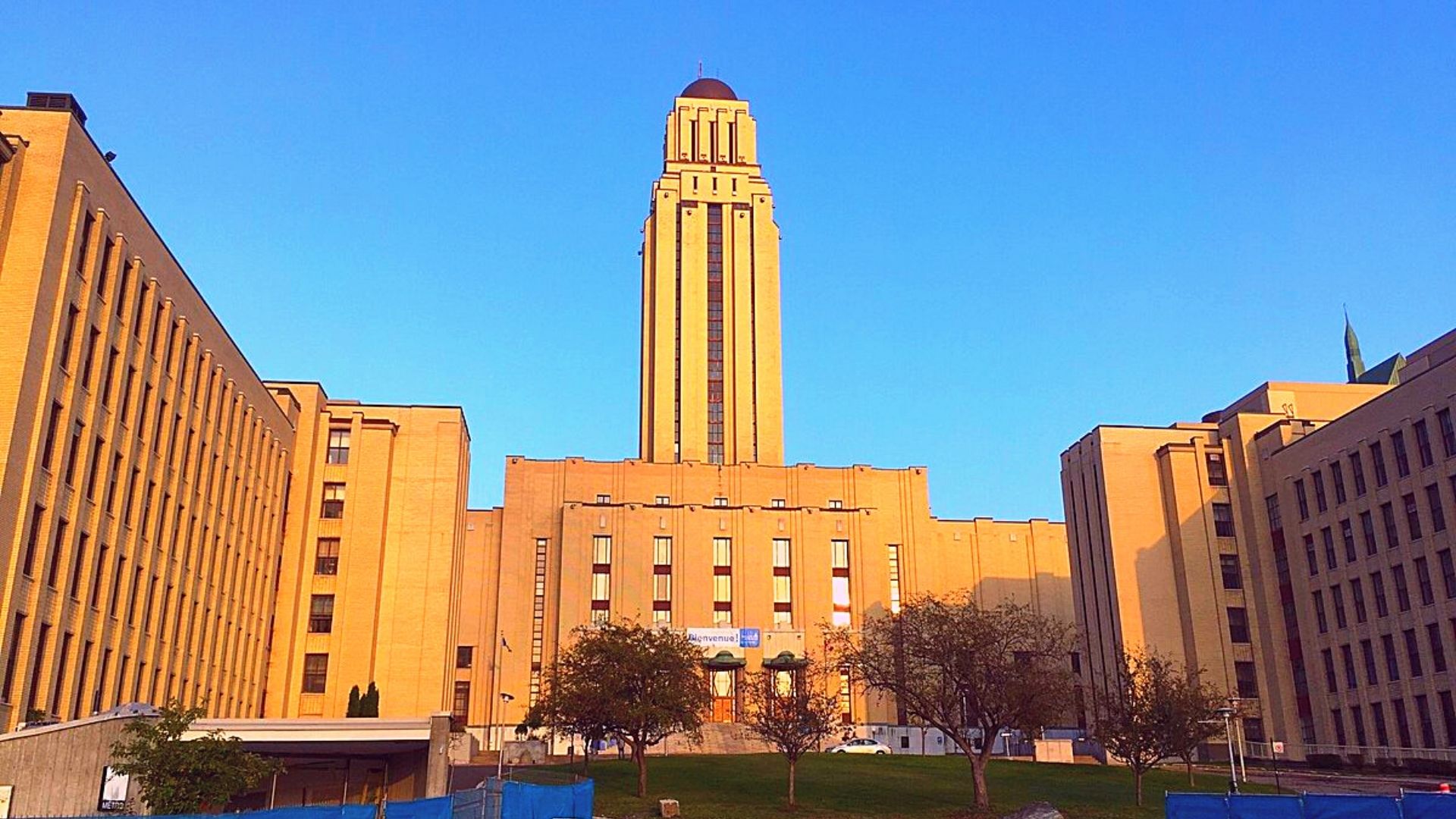
The University of Montreal is a public foundation that follows its underlying foundations back to 1878. At first a part of the Université Laval de Québec, it turned into an autonomous establishment in 1919. The college is associated with two different schools: Polytechnique Montréal, a designing school, and HEC Montréal, a business college.
The college and its partnered schools are situated in Montreal, Quebec – one of the most crowded metropolitan territories in Canada. Around one-fourth of the understudy body over each of the three organizations learns at the alumni level.
University of Calgary
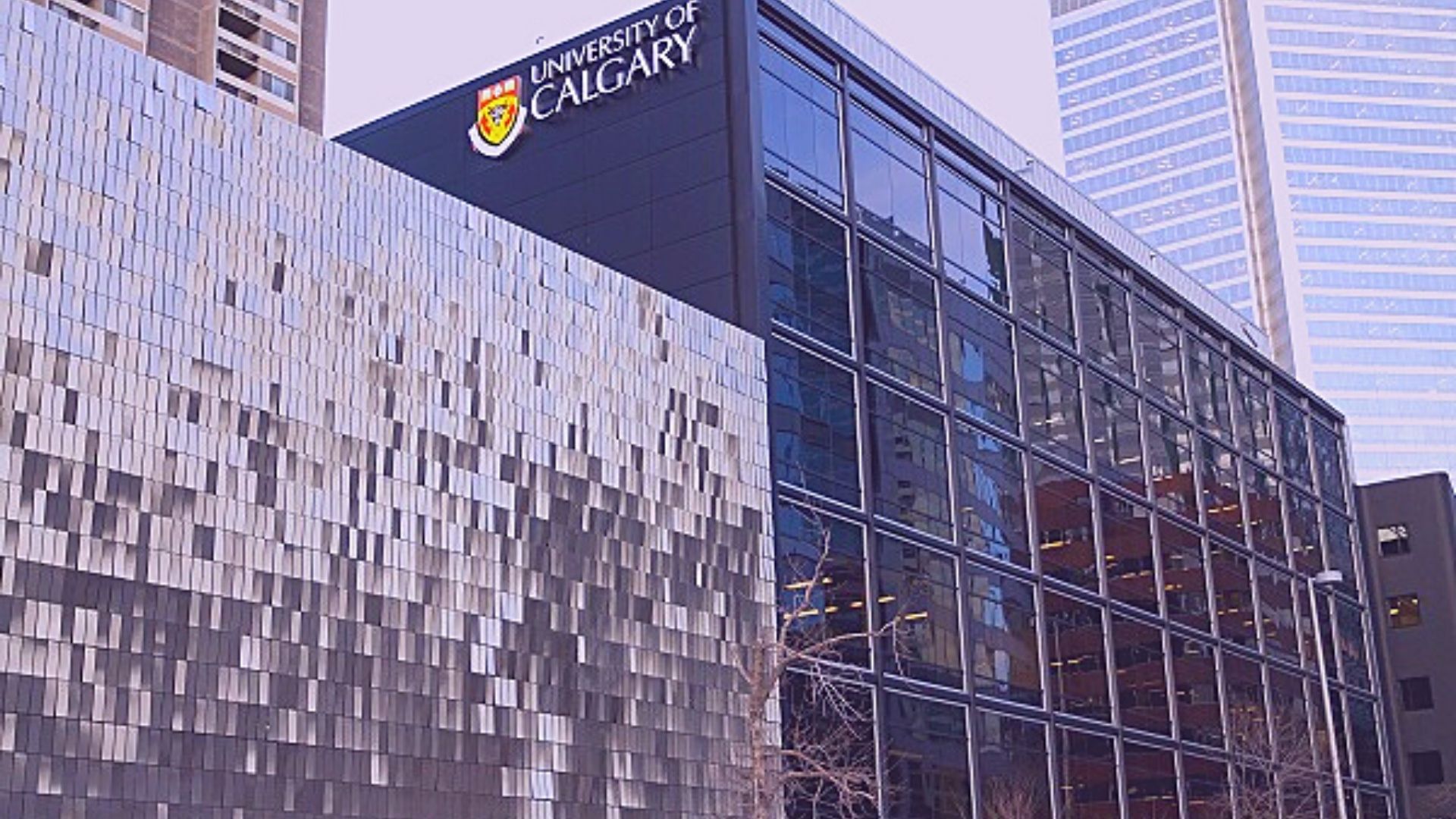
The University of Calgary (U of C or UCalgary) is a public examination college situated in Calgary, Alberta, Canada. The University of Calgary began in 1944 as the Calgary part of the University of Alberta, established in 1908, before being initiated into a different, independent college in 1966. It is made out of 14 resources and more than 85 examination establishments and focuses.
The principal grounds is situated in the northwest quadrant of the city close to the Bow River and a more modest south ground is situated in the downtown area. The primary grounds houses the greater part of the examination offices and works with common and government research and administrative organizations, a few of which are housed close to the grounds, for example, the Geological Survey of Canada. The fundamental grounds covers roughly 200 hectares (490 sections of land).
University of Alberta
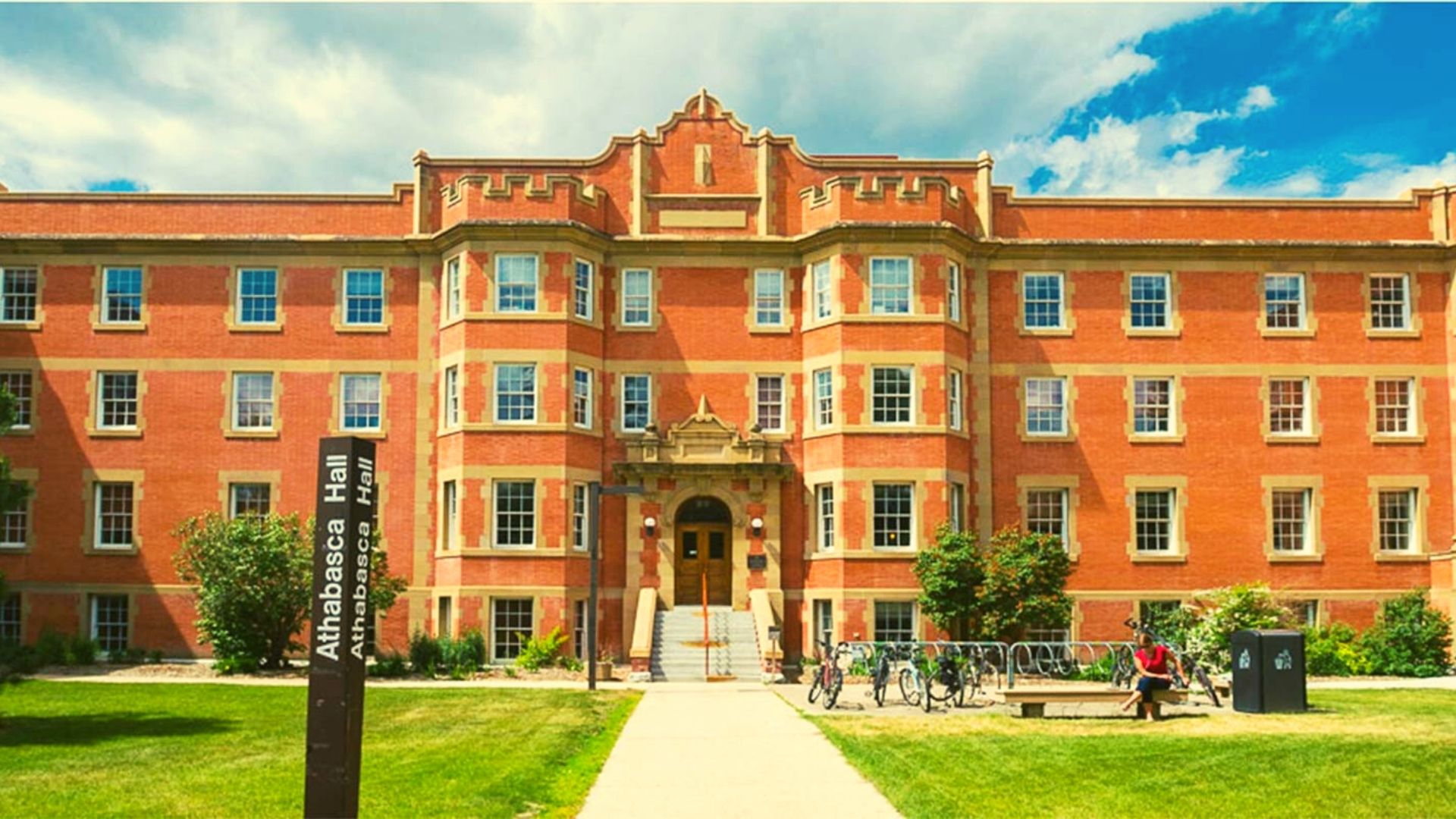
The University of Alberta is a public organization that was established in 1908. Situated in the area of Alberta in Western Canada, around 80% of the college’s understudies learn at the undergrad level.
The college comprises five grounds, four of which are in the city of Edmonton, including the principal North Campus, which covers around 50 city blocks. The college’s fifth site, the Augustana Campus, is found approximately an hour from Edmonton in the rustic city of Camrose.
University of Ottawa
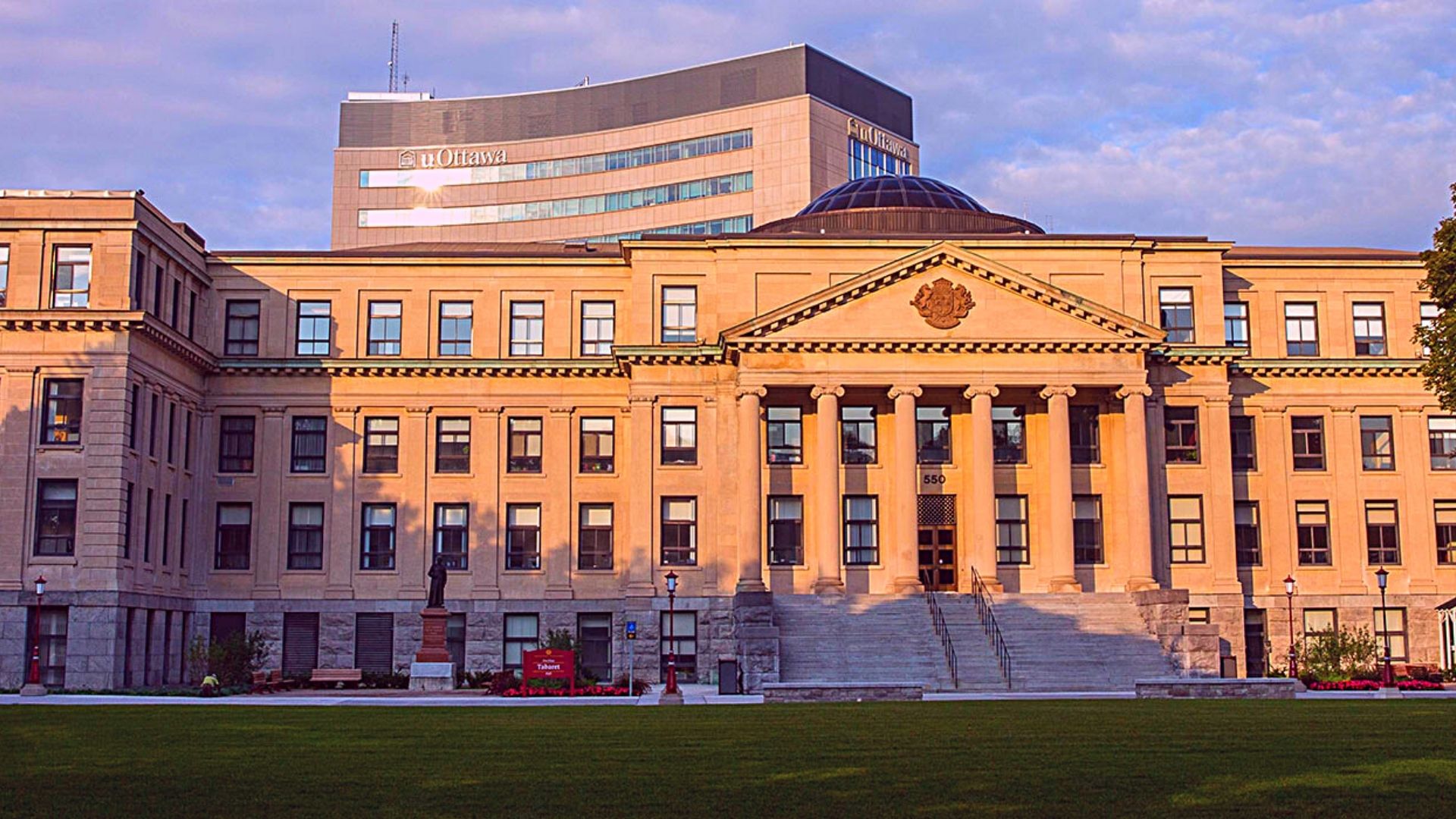
The University of Ottawa (French: Université d’Ottawa), regularly alluded to as Ottawa or U of O, is a bilingual public examination college in Ottawa, Ontario, Canada. The fundamental grounds is situated on 42.5 hectares (105 sections of land) in the core of Ottawa’s Downtown Core, near the private neighborhood of Sandy Hill, contiguous to Ottawa’s Rideau Canal.
The University of Ottawa was first settled as the College of Bytown in 1848 by the primary cleric of the Catholic Archdiocese of Ottawa, Joseph-Bruno Guigues. Put under the heading of the Oblates of Mary Immaculate, it was renamed the College of Ottawa in 1861 and got college status five years after the fact through an imperial contract. On 5 February 1889, the college was allowed an ecclesiastical sanction by Pope Leo XIII, raising the establishment to an ecclesiastical college.
Western University
The University Of Western Ontario (UWO), corporately marked as Western University starting in 2012 and usually abbreviated to Western, is a public exploration college in London, Ontario, Canada.
The fundamental grounds is situated on 455 hectares (1,120 sections of land) of land, encircled by private areas and the Thames River bisecting the grounds’ eastern segment. The college works on twelve scholarly resources and schools. It is a member of the U15, a group of research-intensive universities in Canada.
Laval Université
Université Laval is a French-language, public examination college in Quebec City, Quebec, Canada. The University was established by imperial contract gave by Queen Victoria in 1852, with establishes in the establishing of the Séminaire de Québec in 1663 by François de Montmorency-Laval, making it the most seasoned focus of advanced education in Canada and the main North American organization to offer advanced education in French.
The college, whose grounds was raised from the 1950s forward in the rural ward of Sainte-Foy–Sillery–Cap-Rouge, is positioned among the main 10 Canadian colleges regarding research financing and holds 4 Canada Excellence Research Chairs. Like most foundations in Quebec, the name (Université Laval) isn’t interpreted in English.
MBBS in Canada Fees
The total fee of the Doctor of Medicine/ MBBS in Canada varies depending on the University. The expenses incurred by an Indian student pursuing MD/ MBBS in Canada are greater than the expenses of the MBBS course in India. However, the quality of education provided by the universities of Canada more than makes up for the difference in the fees of both programs.
The cost of most of the Universities is around $55,000 to $70,000 every year. Other than the fees structure the country is affordable for accommodation as well as for transportation also.
| College Name | Fees Structure |
| University of Toronto | $24,835 Per Year |
| University of Manitoba | $32,360 Per Year |
| Dalhousie University | $23,000 Per Year |
| Trinity Medical College | $18,000 Per Year |
| University of Ottawa | $40,680 Per Year |
MBBS in Canada for Indian Students Fees
The next point we’ve covered is the cost of an MBBS in Canada for Indian Student. In Canada, the total costs for MBBS range from 1,20,000 CAD to 3,67,000 CAD sum ups to be 68,810,000-210,044,700 INR. However, the cost is likely to vary significantly depending on the universities and scholarships one receives.
The tuition fees for the top medical institutions where you may pursue MBBS in Canada for Indian students are listed below:
| University | Estimated Fees (per year) |
| University of Toronto | 19 Lakhs (Approx) |
| University of Manitoba | 24 Lakhs (Approx) |
| University of Ottawa | 28 Lakhs (Approx) |
| Trinity Medical College | 18 Lakhs (Approx) |

PG in Canada after MBBS in India
For International Students, there is no option for a Bachelor’s degree or course from Canada. Students who have Bachelors Degree thus can apply for universities and colleges in Canada.
Therefore Indian students or students from any other nationalities who are interested in doing MBBS from Canada should have a Bachelor’s Degree. Therefore, all the students who opt for the course the majority of them opt for PG courses.
With high-quality teaching facilities and with fully equipped labs and theatres, students are likely to get an overall experience that is positive and needed for their career.
There are ample of colleges for MBBS in Canada and there are a total of 17 Medical Schools in Canada.
- Bachelor Courses for International students are not available.
- PG Courses for International as well as for Canadian students are available.
- Direct Admission for PG Courses is available.
- Students are likely to get placements and internships after their PG Courses.
- There are a total of 17 medical schools in Canada for PG Courses and more than 50 Universities and colleges.

MBBS in Canada After 12th
The minimal qualification for MBBS in Canada is a bachelor’s degree, however overseas students can study bachelor’s degree programmes in Medicine offered by several of Canada’s best medical universities after the 12th grade. So, after graduating from high school, if you want to study MBBS in Canada, you may apply for a bachelor’s programme in Medicine at a top medical institution in Canada and then pursue MBBS after graduation.
The following are the top medical courses in Canada after the 12th grade:
- Undergraduate Medical Education (UME)
- Bachelor of Kinesiology
- BSc Medicine
- Bachelor of Health Sciences (BHSc)
- Bachelor of Nursing
Mentioned below are some of the top medical schools to study medicine in Canada after 12th:
- University of Toronto
- University of Calgary
- University of Victoria
- University of Alberta
- University of Manitoba
Check Out: BDS to MBBS Bridge Course – Eligibility, Course Duration, Admission Process
MBBS Scholarship
International students, as well as Canadian students, are provided with generous scholarships. Government and Non-Government institutions do provide scholarships that are beneficial for the students and give them support and motivation to do better in the future.
There are 2 main Government Scholarships for the Medical Students which are: Canada Graduate Scholarship and NSERC Postgraduate Scholarship. Some of the Non-Government Scholarships are Canadian Rhodes Scholars Foundation Scholarship, Trudeau Scholarships and Fellowships.
Scholarships for MBBS students
- 2 main Government Scholarships for the Medical Students which are: Canada Graduate Scholarship and NSERC Postgraduate Scholarship.
- Non-Government Scholarships are Canadian Rhodes Scholars Foundation Scholarship, Trudeau Scholarships and Fellowships.
- Government and Non-Government institutions both provide scholarships to the Medical students.
- Many of the universities offer Merit-Based Scholarships.
- Financial Awards are also given to the students.
Check Out: Cost of living in Canada
Medical Schools in Canada
There are a total of 17 Medical schools in Canada that are famous all around the globe for their high-quality teaching and infrastructure. These schools provide internships and placements in the future for experience for the new students.
But all the schools, only accept those students who have completed their Bachelor’s Degree. MBBS Degree is very important and needs experience, thus these schools believe in perfection and only accept and mould those students who have completed their Bachelors Degree.
Some of the Medical Schools are as follows:
- Northern Ontario School of Medicine
- Schulich School of Medicine and Dental Science
- University of Toronto Medical Faculty
- Cumming School of Medicine
- Dalhousie School of Medicine
Check Out: MBBS in Ukraine
Medication in Canada Requirements
To consider medication at the University of Toronto, and in Canada for the most part, you should have some past college experience and can’t enter a program legitimately from secondary school. The most punctual you can apply is the start of your third year of undergrad considers. There are distinctive scholarly necessities relying upon your instructive foundation:
Central issue for Indian understudies:
- Understudies must have finished an undergrad (3/4 years) degree in science or science.
- Canadian Medical Universities don’t take direct application after 10+2 capability.
- Indian understudies should clear NEET-UG test.
Direct Admission in MBBS in Canada
There is a systematic process if students want to take admission to MBBS in Canada. Only those students who have completed their Bachelors Degree can apply for colleges and universities in Canada.
Candidates must pass the 10+2 with marks above 60% and should be a student of Physics, Chemistry or Biology stream. Students who are interested need to give MCAT which is the Medical College Admission Test and must qualify in this specific exam. English Proficiency Exam either TOEFL or IELTS should be given by the candidate and the candidate should gain at least 90 out of 100 marks.
The process is as follows:
- Students need to qualify for the MCAT exam.
- Students need to qualify the admission criteria which are set by the particular University or School.
- Students need to qualify for the English Proficiency Exam.
- Students who qualify for all the exams and give the exact documents are eligible to get direct admission.
- Students who have a Bachelor’s Degree are only allowed to apply for Canadian Universities.
Jobs for MBBS in Canada
Students who complete their Doctor of Medicine (MD) in Canada have the chance to work in the field of healthcare and wellness. The growing number of jobs in this field is a golden opportunity for students. We have listed a few popular job roles and their salaries in health care in Canada. The salaries are rough figures and not accurate.
- Paediatrician – 250,000 CAD
- Anaesthesiologist – 330,000 CAD
- Family Medicine Doctor/ General Practitioner – 250,000 CAD
- Rhinologist – 380,000 CAD
- Rheumatologist – 220,000 CAD
- Plastic Surgeon – 454,000 CAD
- Psychiatrist – 263,000 CAD
- Ophthalmologist – 276,000 CAD
- Cardiologist – 269,000 CAD
- Neurologist – 224,000 CAD


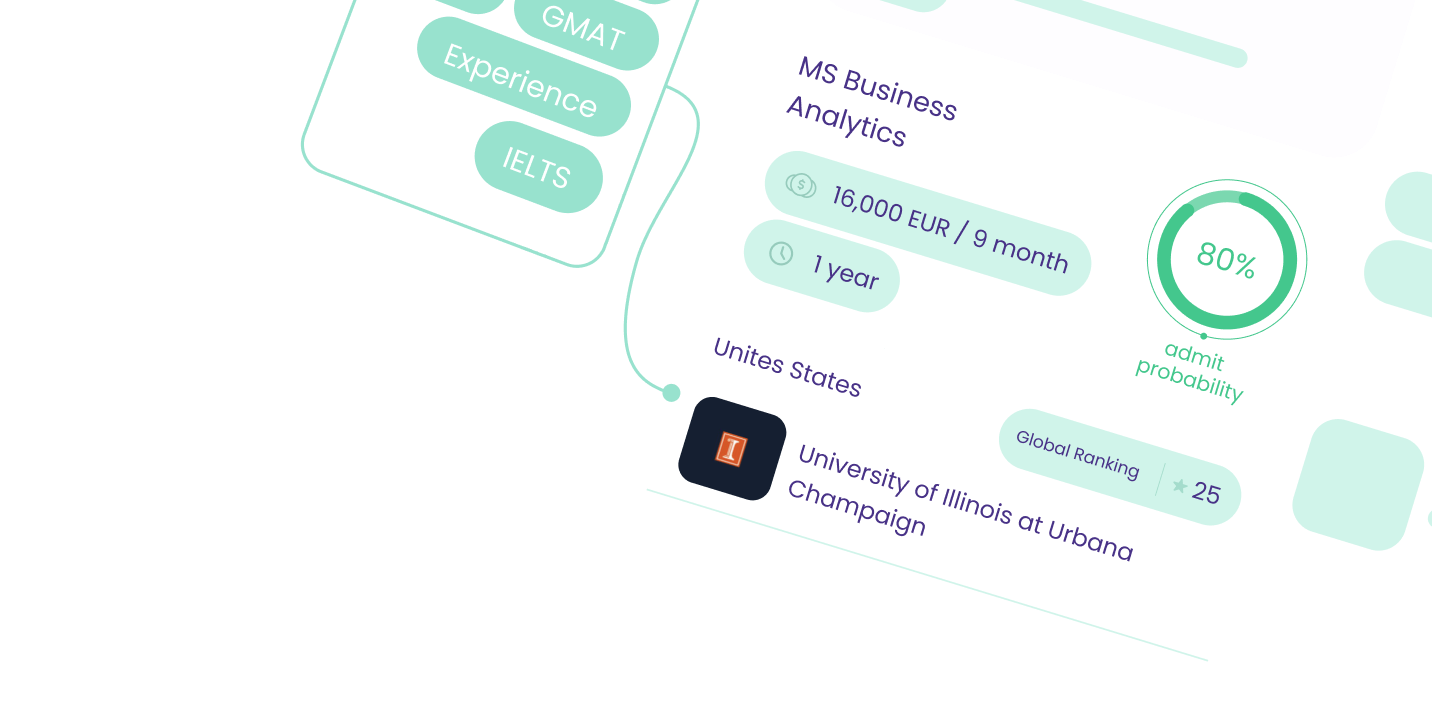
FAQs
Ans. Students are likely to spend around C$20,000 and C$30,000 per year, which covers both tuition fees and living expenses. The cost of living is affordable. It is easy to live a quality life while studying in the country.
Ans. Canada is counted among the few top countries in the whole world thus Canada is always a significant option of studying MBBS.
Ans. MBBS admission in Canada was without NEET for Indian students but from this year every Indian candidate is required to qualify in NEET to be eligible for MBBS Admission in Canada.
Ans: Canada is one of the most preferred overseas destinations to study MBBS for Indian students. Medical universities in Canada have a high academic standard, world-class infrastructure, best faculties and excellent reputation that attracts Indian students each year.
Ans: Yes, you can apply for MCAT after 12th class. Can an Indian student give MCAT? … Although the exam does not take place in India , students from India are allowed to appear for the exam.






Comments (0)